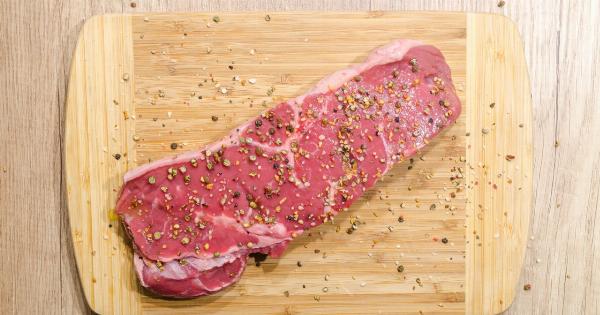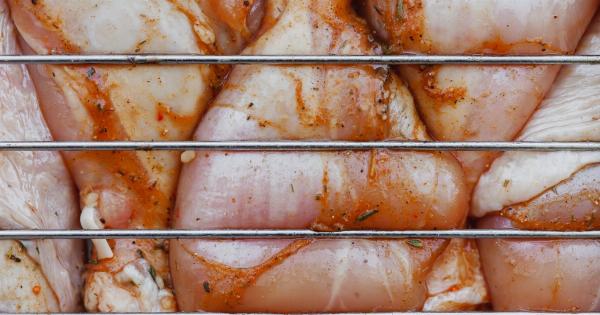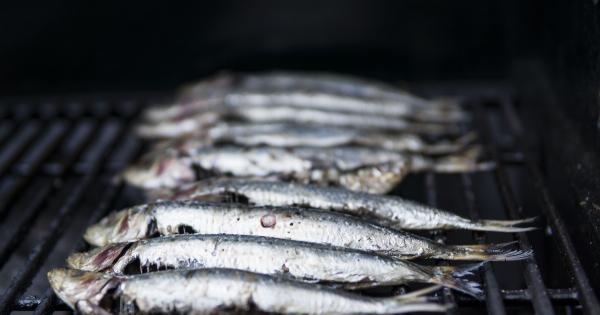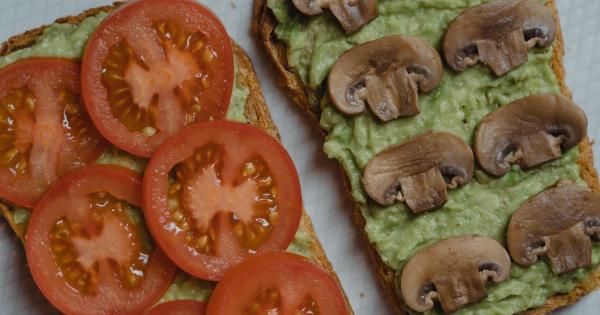There has been a growing trend among pet owners to feed their dogs grain-free diets in recent years.
This is often fueled by misconceptions and misunderstandings about the nutritional needs of dogs and the potential benefits of eliminating grains from their diets. In this article, we will debunk some of the common myths and misconceptions surrounding grain-free diets for dogs.
Myth #1: Grain-free diets are necessary for all dogs
One of the biggest misconceptions about grain-free diets is that they are necessary for all dogs. While it is true that some dogs may have allergies or sensitivities to grains, the majority of dogs can tolerate grains without any issues.
In fact, grains can provide important nutrients such as carbohydrates, fiber, and essential vitamins and minerals.
Myth #2: Grain-free diets are always healthier
Another common misconception is that grain-free diets are always healthier for dogs. It is important to note that the term “grain-free” does not automatically equate to a healthier diet.
Some grain-free dog foods may be nutritionally balanced and meet the specific needs of dogs, while others may be lacking in certain nutrients. It is essential to read the labels and choose a high-quality grain-free diet if you decide to go this route.
Myth #3: Grain-free diets prevent food allergies and intolerances
Many people believe that by feeding their dogs a grain-free diet, they can prevent food allergies and intolerances.
While it is true that some dogs may have allergies or sensitivities to grains, food allergies in dogs can be caused by a wide range of ingredients, not just grains. Eliminating grains from the diet may not necessarily prevent food allergies or intolerances in all cases.
Myth #4: Dogs have the same nutritional needs as wolves
Some proponents of grain-free diets argue that dogs should eat like their wild ancestors, wolves, and that grains are not a natural part of their diet.
While it is true that dogs are descendants of wolves, they have evolved alongside humans for thousands of years, leading to changes in their metabolism and nutritional needs. Domesticated dogs have adapted to digest and utilize grains effectively, making them a valuable source of nutrients in their diets.
Myth #5: Grain-free diets are low in carbohydrates
Another misconception about grain-free diets is that they are low in carbohydrates.
While it is true that grains are a source of carbohydrates, there are many other ingredients that can provide carbohydrates in a dog’s diet, such as potatoes, legumes, and fruits. Some grain-free dog foods may actually have higher carbohydrate content than traditional diets, depending on the ingredients used.
Myth #6: All grain-free diets are created equal
Not all grain-free diets are created equal. There is a wide variation in the quality and nutritional composition of grain-free dog foods available in the market.
It is essential to choose a reputable brand and carefully read the ingredients list to ensure that the diet provides all the necessary nutrients for your dog’s optimal health.
Myth #7: Grain-free diets are better for weight management
Some people believe that feeding their dogs a grain-free diet can help with weight management.
While it is true that reducing carbohydrate intake can be beneficial for some dogs with weight issues, simply switching to a grain-free diet may not be the most effective solution. Portion control, exercise, and choosing a well-balanced diet that meets your dog’s specific needs are key factors in weight management.
Myth #8: Grain-free diets guarantee better coat and skin health
Improved coat and skin health is often claimed as a benefit of grain-free diets.
While it is true that certain dogs may benefit from a grain-free diet if they have specific allergies or sensitivities to grains, improving coat and skin health involves multiple factors such as genetics, overall diet quality, grooming practices, and environmental factors. It is important to address these factors comprehensively to promote optimal coat and skin health in dogs.
Myth #9: Grain-free diets can cure digestive issues
Another common misconception is that grain-free diets can cure digestive issues in dogs.
While some dogs may have sensitivities or allergies to grains that can cause digestive problems, it is crucial to identify the underlying cause of the digestive issues with the help of a veterinarian. Simply switching to a grain-free diet may not resolve all digestive problems and may even lead to other nutritional imbalances if not done properly.
Myth #10: Grain-free diets are suitable for all life stages
Lastly, it is important to note that grain-free diets may not be suitable for all life stages of dogs.
Puppies, lactating mothers, and working dogs have higher energy requirements and may benefit from diets that include grains as a source of additional energy. Consult with your veterinarian to determine the most appropriate diet for your dog’s specific life stage and nutritional needs.





























